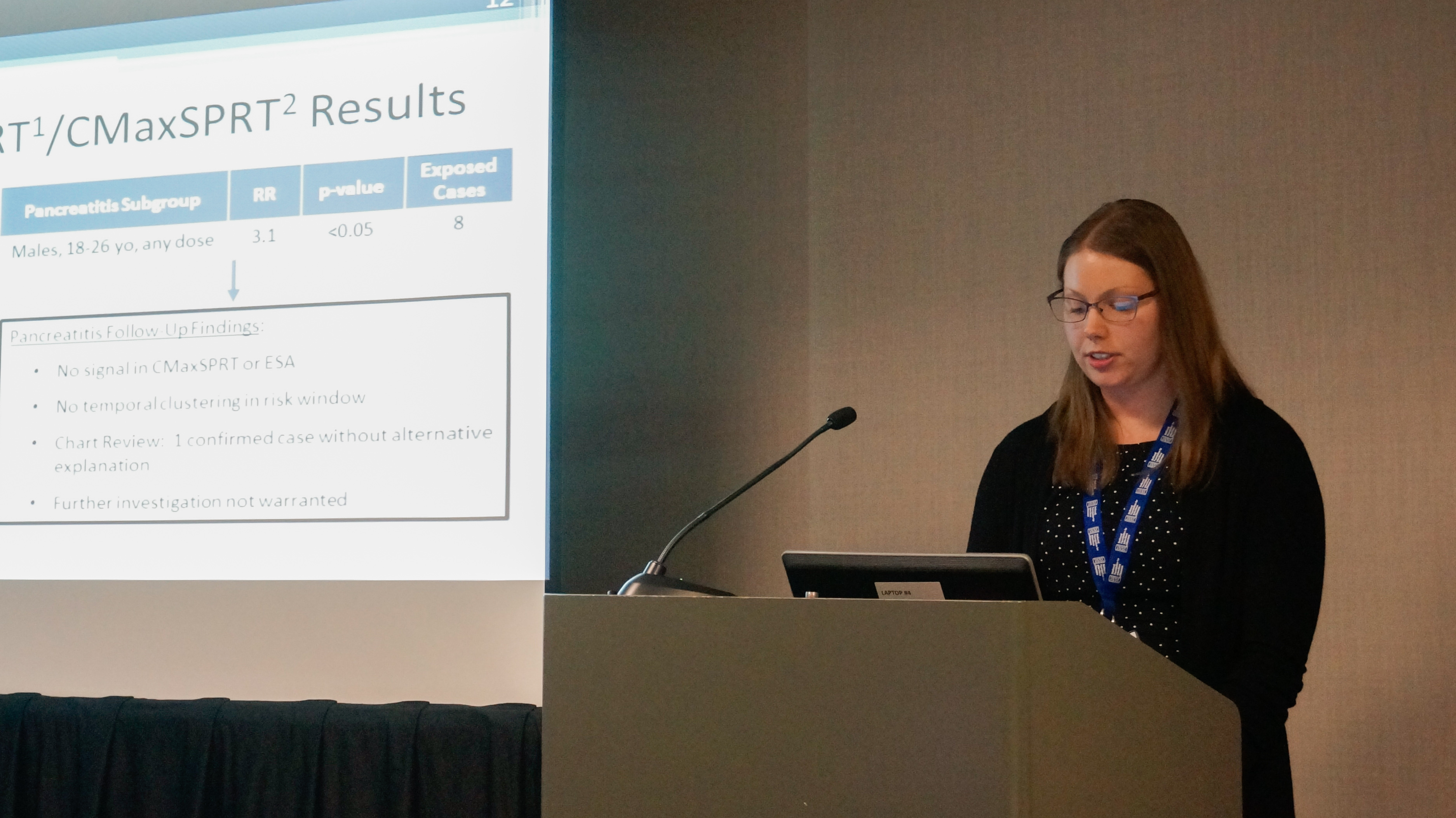Human papillomavirus (HPV) is a common sexually transmitted infection that can cause anogenital warts and lead to the development of cervical, oropharyngeal, and other anogenital cancers. Vaccines that prevent HPV infection have been available in the United States since 2006 and have been shown to be safe and effective. A 9-valent HPV (9vHPV) vaccine that protects against more strains of HPV was licensed in 2014 and is now the only HPV vaccine available in the United States. Center for Clinical Epidemiology and Population Health (CCEPH) scientists recently completed a study of this vaccine through their work with the Vaccine Safety Datalink (VSD).
The VSD is a collaboration between the Immunization Safety Office at the Centers for Disease Control and Prevention (CDC) and 8 integrated healthcare systems in the U.S., including Marshfield Clinic Health System, that is tasked with studying the safety of licensed and recommended vaccines. Following licensure of the 9vHPV vaccine, plans were developed for the VSD to monitor the safety of the vaccine in the VSD population led by CCEPH Senior Epidemiologist James Donahue, DVM, PhD, MPH, and the Marshfield VSD team. Over a two-year period, data on 9vHPV vaccinations given to adolescents and young adults at VSD sites were collected and analyzed on a weekly basis. No unexpected safety signals were observed after nearly 900,000 doses of 9vHPV vaccine, although signals for two known side effects of the vaccine, syncope (fainting) and injection site reactions (pain/redness) were identified.
Study findings were recently presented by CCEPH Epidemiologist Kayla Hanson, MPH, during an oral abstract session at the Annual Conference of Vaccinology Research in Bethesda, Maryland on April 24, 2018. Findings were formally written up in the form of a manuscript and monitoring in the VSD will continue for rare events following 9vHPH vaccination.

